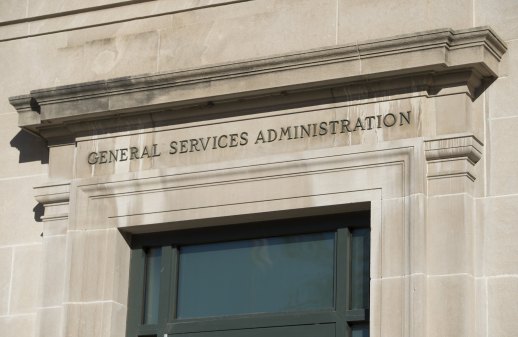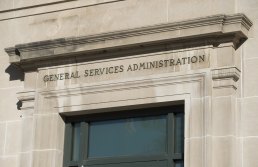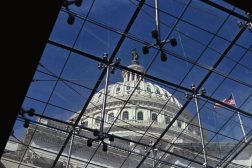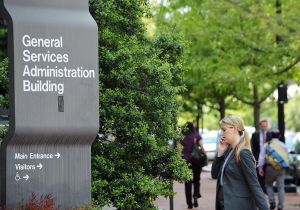GSA’s Zvenyach: US Digital Corps technologists are already transforming government services
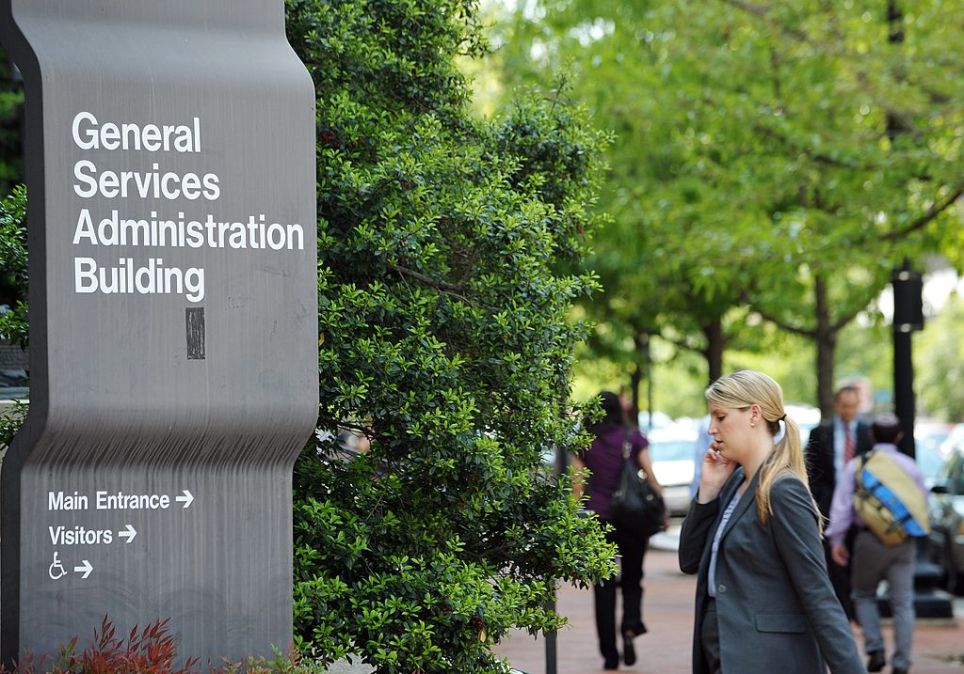
Technology Transformation Services is already learning from more than 40 fellows in its inaugural U.S. Digital Corps cohort, who bring new experience to fields like data science and engineering, according to the office’s Director Dave Zvenyach.
TTS, which was established within the General Services Administration in 2016, onboarded its first former law enforcement officer and, rather ironically, a federal talent recruitment expert among the early career technologists the fellowship placed there and 12 other agencies toward the end of June.
The purpose of the U.S. Digital Corps is to place fellows in needed data science, engineering, product management, design and cybersecurity roles at agencies with existing digital services infrastructure, but that doesn’t mean they’re novices.
“There’s a bias or expectation that these fellows — because it’s called Digital Corps, and they’re described as early career technologists — aren’t going to be able to contribute a ton of value instantly,” Zvenyach told FedScoop in an interview. “What I’ve already seen is that they’re participating on Slack, they’re already starting to get on board, and they’re really starting to bring different perspectives and backgrounds to the conversation.”
The fellowship represents a second career for some, who may have started in state or local government, while others were in the private sector or recently earned PhDs.
TTS typically hires by looking at past experience, often in software development with JavaScript and Python, but some of the fellow have more C and C++ experience than senior employees or were working on hardware problems before applying, Zvenyach said.
Fellows were certified using the Subject Matter Expert Qualification Assessment (SMEQA) process the U.S. Digital Service and other agencies have been refining since 2019. Dozens of SMEs reviewed more than 1,000 applications and evaluated qualifications using the existing Pathways Program as a hiring model.
Among the 13 initial agencies accepting certified fellows were the General Services Administration, where TTS resides; Office of Management and Budget; Office of Personnel Management; Cybersecurity and Infrastructure Security Agency; Department of Veterans Affairs; and Centers for Medicare and Medicaid Services. Participants needed to have leadership support and the budget to keep fellows on staff after the fellowship ends, should they choose.
TTS placed fellows on its Login.gov, USA.gov, Vote.gov and 10x teams as “full-fledged members,” Zvenyach said. Login.gov is scaling to support more than 40 agencies with engineering and product management gaps on the team.
Elsewhere fellows are helping VA’s digital experience product team modernize tools veterans use to access their benefits; CMS create a behavioral health treatment locator tool; and CISA develop vulnerability, risk and resilience assessments.
“We wanted to focus on programs and teams that needed the support,” Zvenyach said.
In addition to co-creating the U.S. Digital Corps’ curriculum — including tech conferences and government-specific trainings on federal contracting, funding and the President’s Management Agenda — fellows receive guidance from a network of mentors. Fellows have one mentor irrespective of agency, while mentors may have multiple fellows.
Tracking fellows’ performance will be a “shared responsibility” between themselves, the agencies they were placed with and U.S. Digital Corps supervisors, Zvenyach said.
Whether every fellow remains in government depends on whether they’re a good fit.
“My goal is 100%; I would love for 100% of these fellows to stay in government,” Zvenyach said. “It’s too early to tell what that will realistically end up looking like, but it really is our goal to find folks who are going to make a career in public service.”
Part of that involves ensuring the technologists have the tools they need — like TTS investing in Jupyter Notebooks for its data scientists — to succeed in their work.
The U.S. Digital Corps was housed within TTS because it’s a cross-governmental initiative capable of recruiting and supporting fellows differently than agencies given its broad civic tech ecosystem, which includes the Presidential Innovation Fellows, Centers of Excellence, 18F and Data.gov team among others, Zvenyach said. While money from the American Rescue Plan Act funded the first cohort, some agencies plan to reimburse the fellowship.
TTS’s desire is for a larger second cohort, recruitment beginning in a month or two, but not at the expense of the fellow-agency matching process. Different skills and agencies may be prioritized, but it’s “too early to say” how, Zvenyach said.
Expect hiring authorities to be adjusted or new ones used for the second cohort.
“We couldn’t really target people who were coming out of coding boot camps or folks who are self-taught or otherwise non-traditionally trained,” Zvenyach said. “There were certain limitations that we had.”
